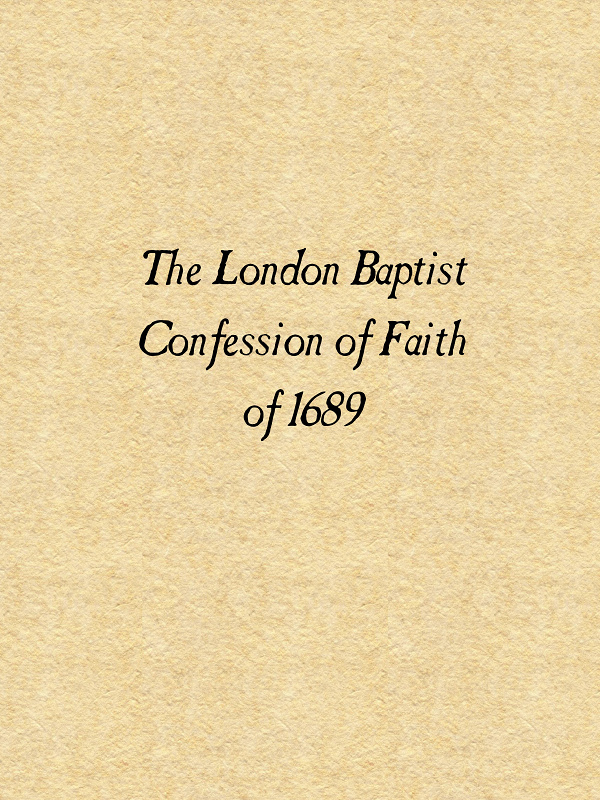Remembering the Goodness of the Law
by Mateus Trupia
The law of the Lord is perfect, reviving the soul;
the testimony of the Lord is sure, making wise the simple;
the precepts of the Lord are right, rejoicing the heart;
the commandment of the Lord is pure, enlightening the eyes;
the fear of the Lord is clean, enduring forever;
the rules of the Lord are true, and righteous altogether.
Psalm 19,7-9
God loves his children immensely. More than any point of comparison; more than there are stars in the sky, the water in the ocean, and the sands of the beaches. Part of how God demonstrates his love and his care for his children is by revealing to us his own nature through his laws. We can see that the laws form the moral foundation for all godly living in the decalogue, the ten commandments. We can more plainly understand them as Christ summarized them in the gospel of Matthew, “and he said to him, ‘You shall love the Lord your God with all your heart and with all your soul and with all your mind. This is the great and first commandment. And a second is like it: You shall love your neighbor as yourself. On these two commandments depend all the Law and the Prophets.’” It is interesting to note Jesus is here citing the Old Testament, from Deuteronomy (6.5) and Leviticus (19,18-19). Jesus is not creating a new law, he is reminding, or better yet, expounding the heart and spirit of the law as it should have been understood.

As a matter of fact, Jesus’ greatest opponent of the day wasn’t demonic oppression, the oppression of the poor and marginalized in society, or even the brutal Roman state. Jesus’ ministry primarily focused on returning the people to right worship with God, to a right understanding of the purpose and end of the law, and to lead the people into a right use of the law for living among one another; a correction of the orthodoxy would then ultimately lead into a corrected orthopraxy. The contemporary religious teachers led the people astray with more requirements than what God asked while shadowing the true intent of God’s commandments. “Woe to you, scribes and Pharisees, hypocrites! For you tithe mint and dill and cumin, and have neglected the weightier matters of the law: justice and mercy and faithfulness. These you ought to have done, without neglecting the others. You blind guides, straining out a gnat and swallowing a camel!” (Mat. 23,23.24). The error of the Pharisees fell into a misapplication of the law, something we still struggle with today.
It’s very common these days for us to get caught in the opposite poles of misunderstanding the law of God. These two contraries are called legalism or antinomianism, big words which describe the two ends of a spectrum. Legalism is simply, the belief that we can earn our righteousness or God’s favor through adherence to the law. Antinomianism on the other hand literally means “against the law,” which is to mean a person who believes we can be Christian without obedience to the law. Understanding the extremes is important because a balanced view brings us to love the laws of God and see them for what they are. In fact, they are for our good and wellbeing.
God tells us that his commandments are not burdensome to us (1 Jn. 5.3), they are for our good (Rom. 7.2), that our days may be long (Deut. 6.2), and they are more desirable than gold and sweeter than honey (Ps. 19.10). Obedience to God’s will for our lives is for our good, that we may prosper. We read in the first Psalm, “Blessed is the man who walks not in the counsel of the wicked, nor stands in the way of sinners, nor sits in the seat of scoffers; but his delight is in the law of the LORD, and on his law he meditates day and night. He is like a tree planted by streams of water that yields its fruit in its season, and its leaf does not wither. In all that he does, he prospers” (v. 1-3). God gives us a guideline for righteous living and promises to bless us when we obey. Peter in his epistle says,
Do not repay evil for evil or reviling for reviling, but on the contrary, bless, for to this you were called, that you may obtain a blessing. For “Whoever desires to love life and see good days, let him keep his tongue from evil and his lips from speaking deceit; let him turn away from evil and do good; let him seek peace and pursue it. For the eyes of the Lord are on the righteous, and his ears are open to their prayer. But the face of the Lord is against those who do evil.” Now who is there to harm you if you are zealous for what is good?
1 Peter 3:9–13 (ESV)

Or like in the 1689 London Baptist Confession of Faith, a timeless Baptist document, “The promises connected with the law also show believers God’s approval of obedience, and what blessings they may expect when the law is kept and obeyed” (Chapter 19, Article 6) We see here that even the ancient Reformers believed there were a deal of blessings the Christian may expect as God is good to fulfill his promises, but they continue this point with a clause, “though blessing will not come to them because they have satisfied the law as a covenant of works. [To do this would of course require perfect obedience to every part all the time.]” We better understand that God blesses us in our obedience not because we are owed, as a worker is owed is wage, but because he takes pleasure in blessing the obedience of his children. Like a father who rewards his son’s hard and studious work for a test, despite the son not reaching a perfect grade. The Reformers in this article close the point with a final refinement, “If a man does good and refrain from evil simply because the law encourages to the good and deters him from the evil, that is no evidence that he is under the law rather than under grace.” This final appeal was presumably written because of a common Christian objection upon seeing another Christian striving to obey the law, we may hear or think, “they simply obey because they are living under the law in a legalistic way.” This therefore is a judgement unfounded and unsupported by scripture, because truly God commands and requires of all men to obey his law.

It is an act of grace that he has given us his list of commandments, and that he blesses our efforts to obey them. This is a sobering thought, but it must lead us to Jesus and our need for his Gospel. Ultimately Jesus’ ministry was to open our eyes to the requirements that God has set upon humanity, to rear us back to a proper understanding of God’s law, that in our inadequacy we would see the need of a Saviour, thence turn to Christ as the one who in faith promises to forgive us and enable us to walk in obedience according to God’s commandments. Following the previous Baptist Confession’s article is this one, “The aforementioned uses of the law are not contrary to the grace of the Gospel [the Gospel of undeserved mercy and favour], but they sweetly comply with it, as the Spirit of Christ subdues and enables the will of man to do freely and cheerfully those things which the will of God, which is revealed in the law, requires to be done” (Chapter 19, Article 7). Let us therefore to Christ with thanksgiving for freeing us from the legal requirements law and its penalties, and turn to him as the one who provides us with the strength to obey his will, trusting that this obedience is for our good, and that he is faithful to bless us in our efforts of its obedience.

Live a Reply